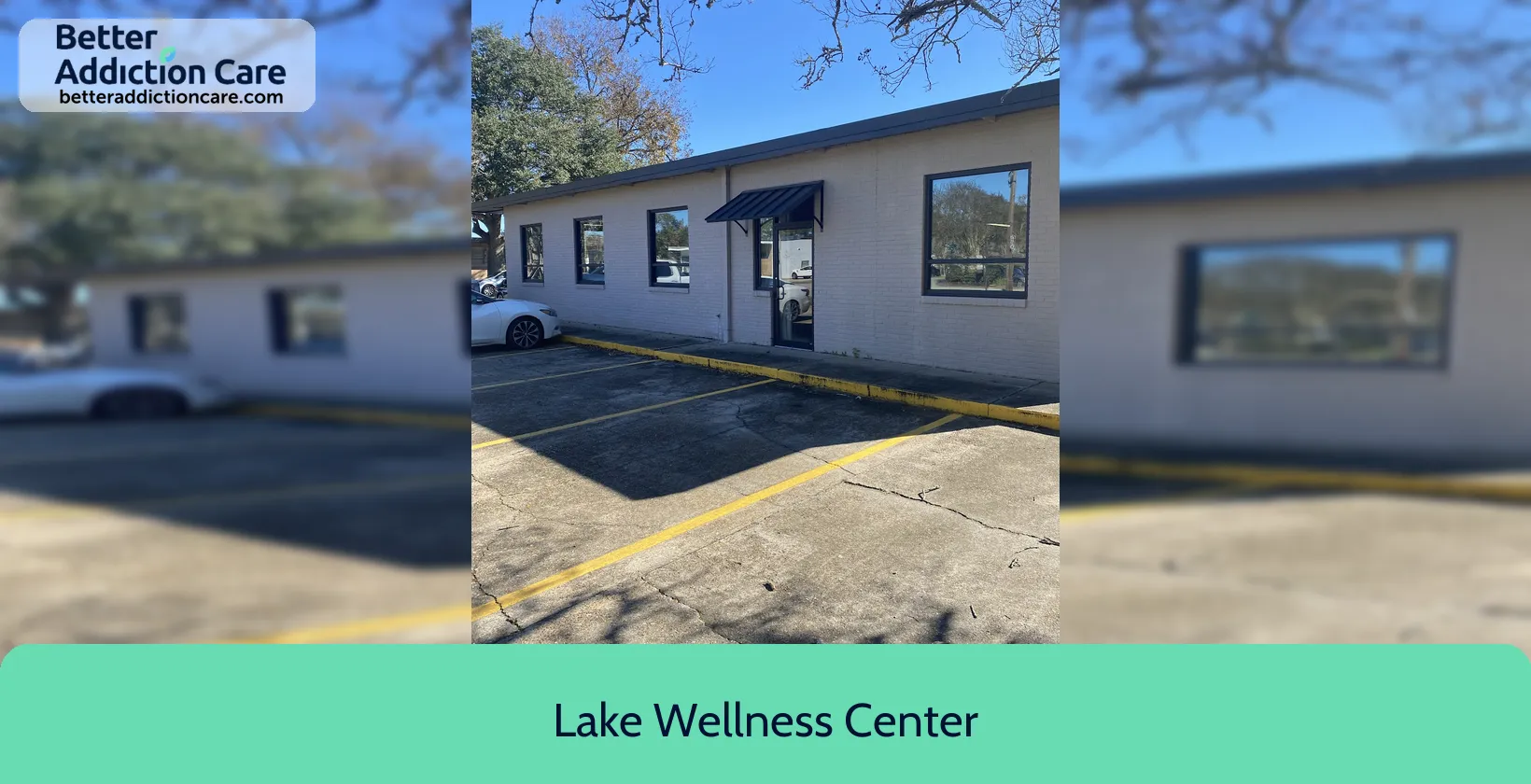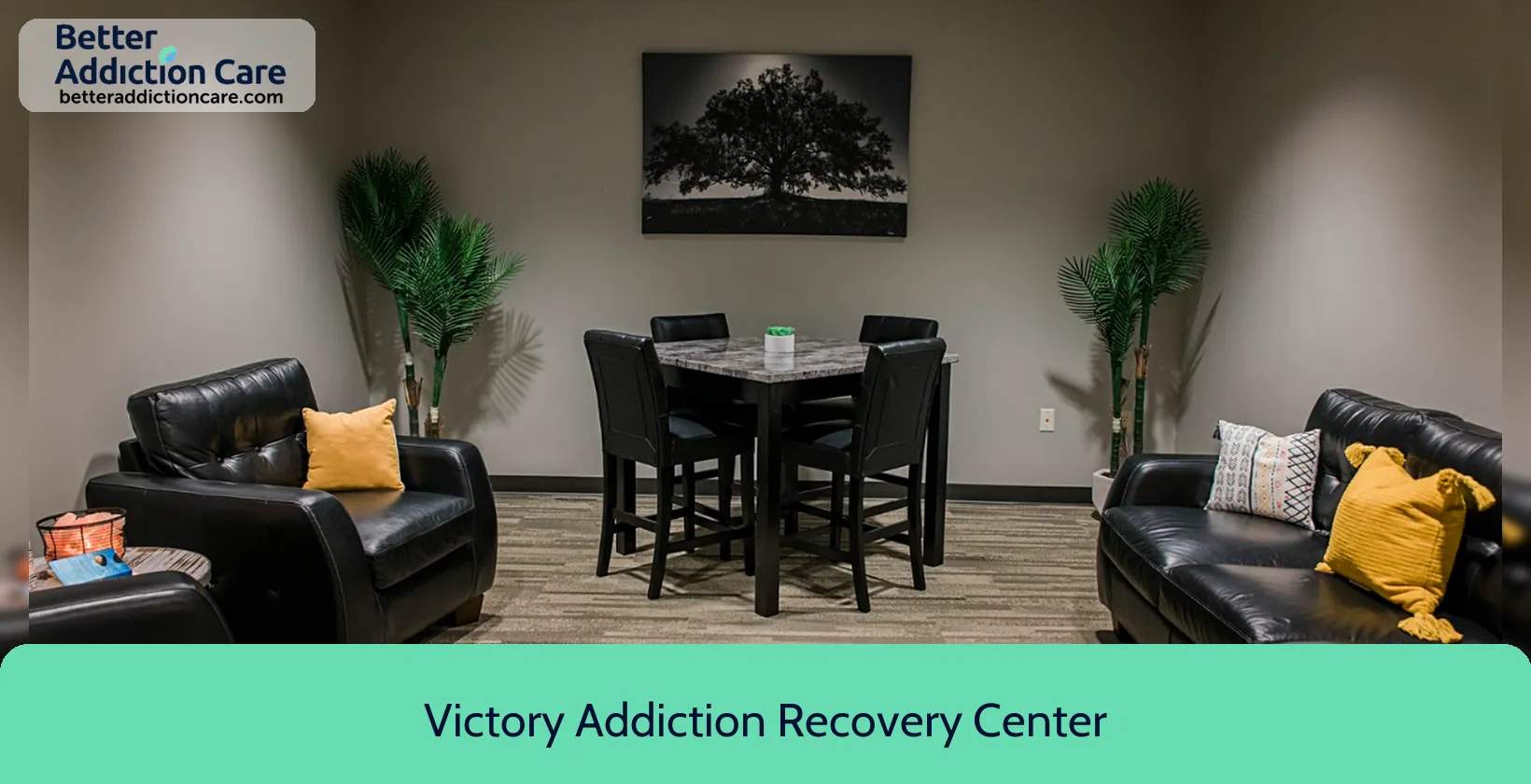Acadiana CARES - Residential Halfway House

Overview
Acadiana CARES - Residential Halfway House is a substance abuse treatment center for people seeking treatment near Lafayette County. As part of their treatment modalities for recovery, Acadiana CARES - Residential Halfway House provides cognitive behavioral therapy, substance use disorder counseling, and trauma-related counseling during treatment. Acadiana CARES - Residential Halfway House is located in Lafayette, Louisiana, accepting cash or self-payment for treatment.
Acadiana CARES - Residential Halfway House at a Glance
Payment Options
- Cash or self-payment
- Medicaid
- Private health insurance
- Sliding fee scale (fee is based on income and other factors)
- Payment assistance (check with facility for details)
Assessments
- Screening for tobacco use
- Comprehensive mental health assessment
- Comprehensive substance use assessment
- Interim services for clients
- Outreach to persons in the community
Age Groups
- Young adults
- Adults
- Seniors
Ancillary Services
- Case management service
- Integrated primary care services
- Early intervention for HIV
- Mental health services
- Social skills development
Highlights About Acadiana CARES - Residential Halfway House
7.05/10
With an overall rating of 7.05/10, this facility has following balanced range of services. Alcohol Rehabilitation: 8.00/10, Drug Rehab and Detox: 6.62/10, Insurance and Payments: 6.00/10, Treatment Options: 7.58/10.-
Alcohol Rehabilitation 8.00
-
Treatment Options 7.58
-
Drug Rehab and Detox 6.62
-
Insurance and Payments 6.00
Accreditations
State department of health:

Government agencies issue State Licenses, granting rehabilitation organizations permission to operate their businesses legally within specific geographic regions. The licenses needed for legal operation are typically determined by the type of rehabilitation program offered by a facility and its physical location.
Hospital licensing authority:
The Hospital Licensing Authority is responsible for granting licenses to healthcare facilities, ensuring that they meet the standards and regulations set by the government. Accreditation is a process of evaluation and recognition by a third-party organization, confirming that the hospital meets specific quality and safety standards.
Commission on Accreditation of Rehabilitation Facilities (CARF):

CARF accreditation is a prestigious recognition for rehabilitation and human service organizations. It signifies that an organization meets high-quality standards and is committed to providing top-level care. CARF conducts rigorous evaluations to ensure compliance, enhancing an organization's credibility and reassuring clients and funders of exceptional service quality. This accreditation promotes excellence and continual improvement in the rehabilitation and human services field.
Federally Qualified Health Center:
Federally Qualified Health Center (FQHC) accreditation is a process of evaluation and recognition by the federal government for community health centers that provide comprehensive and accessible healthcare services to underserved populations. FQHC accreditation is essential for centers to receive federal funding and to ensure that they meet standards for quality, patient-centered care.
Treatment At Acadiana CARES - Residential Halfway House
Treatment Conditions
- Mental health treatment
- Alcoholism
- Substance use treatment
- Co-occurring Disorders
Care Levels
- Hospital inpatient treatment
- Outpatient
- Long-term residential
- Outpatient methadone/buprenorphine or naltrexone treatment
- Outpatient day treatment or partial hospitalization
Treatment Modalities
- Cognitive behavioral therapy
- Substance use disorder counseling
- Trauma-related counseling
- Smoking/vaping/tobacco cessation counseling
- Group counseling
Ancillary Services
Additional Services
- Pharmacotherapies administered during treatment
- Mentoring/peer support
- Breathalyzer or blood alcohol testing
Special Programs
- Clients with co-occurring mental and substance use disorders
- Clients with HIV or AIDS
- Clients who have experienced trauma
Get Help Now
Common Questions About Acadiana CARES - Residential Halfway House
Contact Information
Other Facilities in Lafayette

7.08

6.71

6.56

7.39

7.13
DISCLAIMER: The facility name, logo and brand are the property and registered trademarks of Victory Addiction Recovery Center, and are being used for identification and informational purposes only. Use of these names, logos and brands shall not imply endorsement. BetterAddictionCare.com is not affiliated with or sponsored by Victory Addiction Recovery Center.
